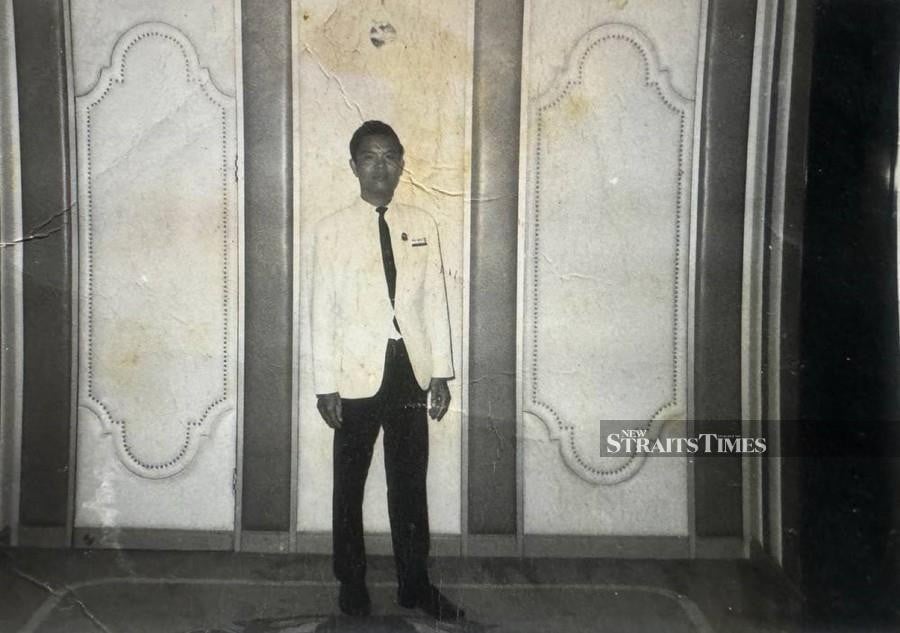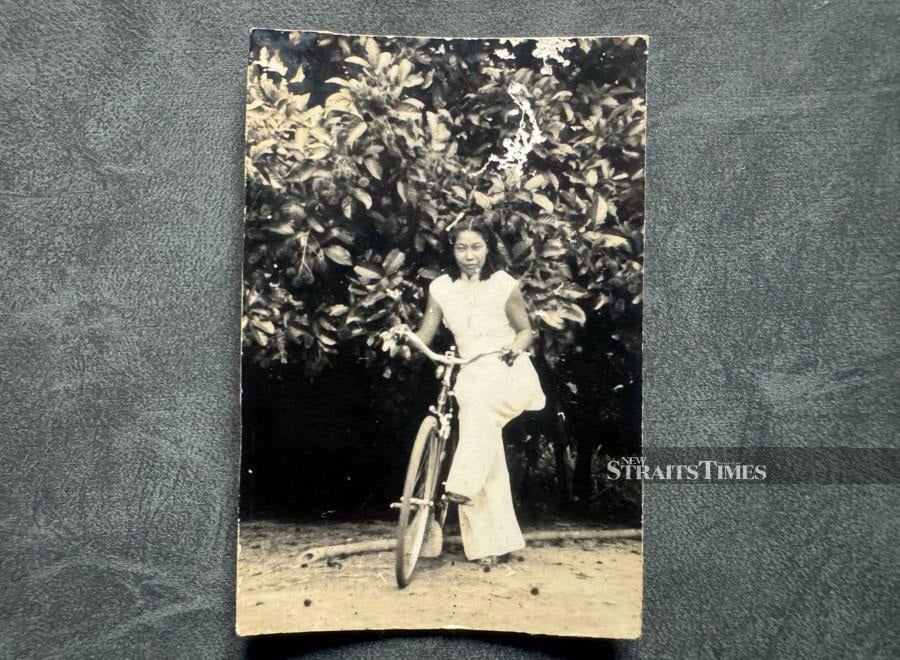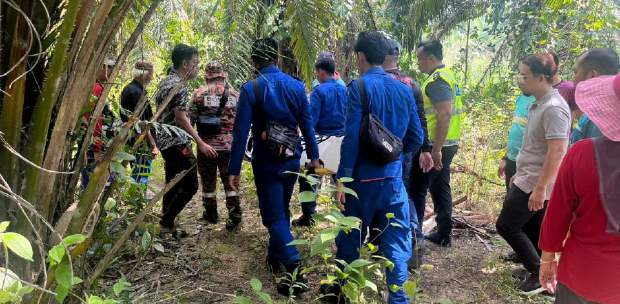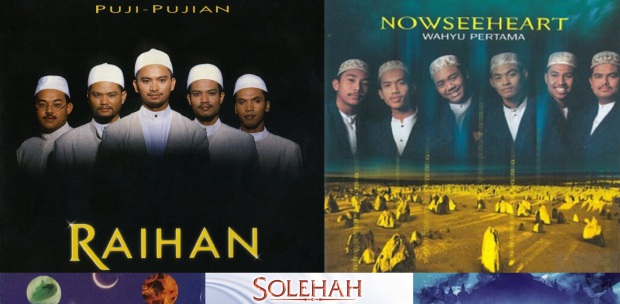OF the stacks of old photographs that my grandmother gave me recently, one particular black-and-white shot of a woman caught my attention.
It's a small photo, slightly bigger than a postage stamp, with tiny creases marking its corners. I held it up to the light, turning it left and right, squinting for a better look at the grainy, sepia-toned image.
In the photo is a woman wearing a traditional white samfu — a two-piece shirt and trousers for the working class — due to its practicality and comfort.
She seems to be trying to suppress a smile as she prepares to mount a bicycle. Her left leg is caught in a tentative step, poised in mid-air, while her right leg steadies her, grounded for balance. Both her arms are gripping the handlebars.
Behind her, the low-hanging rambutan tree must have borne quite a heavy harvest as the ground is littered with its dried fruits. Nearby, a pole lies at her feet, likely used by someone to harvest the fruits.
My 83-year-old grandmother notices my interest in the photo, and she shares that the youthful-looking woman was my great-grandmother, my grandfather's mother.
I can see the resemblance: the same smile, wide forehead and high nose. Her hair, parted in the middle, is secured on one side with a pin.
Sitting with the photo in my hand, I occasionally flip it over and let the sunlight illuminate the smile of my grand-grandmother or por tai in Hakka.
Sensing an opportunity for a story, I prod my grandmother for details.
NEVER SEEN AGAIN
It was common knowledge among the elder family members that my por tai "disappeared" one day, never to be seen or heard again. She'd left not long after the end of the Japanese occupation in Malaya. No one in the family knew what made her leave, or what exactly happened that prompted her decision.
I'm told that my grandfather was still a young boy when she left. But one thing's for sure, her absence left a huge void in his life. He never stopped looking for her and made numerous efforts to trace her whereabouts, including putting up multiple missing person notices in the newspapers.
Whatever little lead he received from the public, he pursued until the trail went cold. It was as if my por tai's existence was merely in name.
My grandfather intensified his search when he started working as a captain at the now-defunct Merlin Hotel on Jalan Treacher, now known as Jalan Sultan Ismail, and where the current Concorde Hotel now stands.
My grandmother sighs and adds that grandfather spent years looking for my por tai and it felt that the search would never end. Every now and then, he'd visit the newspaper offices in the city to put up his notices. Although he eventually gave up, my grandmother knew that her husband harboured the hope of a reunion one day.
Silence descends when grandmother reaches the end of her story. As we nurse our cups of tea with the aroma of pu er filling the small kitchen in our house, she breaks the silence by sharing that there's another photo of por tai that's still missing.
"There was another picture of her in a different setting. Unfortunately, it was lost," grandma says.
I ask if she could describe the photo in detail, but my grandmother shakes her head ruefully. She recalls that the photo got lost when a clerk handling the missing persons' notice in a Chinese daily misplaced it.
"It was negligence on the clerk's part, but to your grandfather, it felt like a huge chunk of memories were forcibly wrenched from his heart. It was one of the last two photos that he had of his mother," says grandmother sadly.
THE THEORY

So, what happened to por tai? Why did she disappear without a trace, and why didn't she leave a note explaining her whereabouts? Was she in some kind of trouble before her disappearance?
One theory, as shared by my grandmother and still widely speculated among our family members, posits that she may have left to join forces fighting against communism in the jungle.
If this theory is true, then we have a national hero in the family. A film should be made in her memory and a cenotaph must be erected in her honour!
But since the family doesn't have a clue whether she's still alive or dead, not even an ancestral tablet could be set to honour her.
"Whatever it is, she made the decision with reasons known only to herself. But I knew that your grandfather was sad and still hoped that he could be reunited with her someday," shares grandma, adding: "Perhaps she'd remarried at some point and settled down somewhere else."
Grandma joked that perhaps grandfather had finally reunited with his mother in the afterlife. "Anything is possible!" she remarks nonchalantly.
PHOTOS FOR EVERY OCCASION
As I browse through the old photos, I finally understand why my late grandfather was such an avid photographer when he was alive.
He harboured a deep desire to document every significant moment in his life: watching his children grow, enjoying vacations with his beautiful wife, witnessing his grandchildren turn the house upside down, polishing his shiny new car daily — until it was involved in an accident — birthday celebrations, and much more.
He took so many photos that my grandmother simply ran out of space to store them. Some were lost during moves between houses, while others were discarded due to the painful memories they evoked.
But for every occasion, big or small, my grandfather meticulously documented everything with his trusty old film camera. On the developed photos, he'd write the date or year they were taken. Others simply bore the inscription "friends", accompanied by their names and the year he first met them.
Over the years, my grandfather grew frailer but his mind remained as sharp as ever as he taught me how to use his old film camera which he eventually gifted me.
His tips to taking a good shot is patience and to wait for the magic moment to appear. But how would I know when to press the shutter? "Oh, you'll know when you see it," he replied before giving me a wink.





